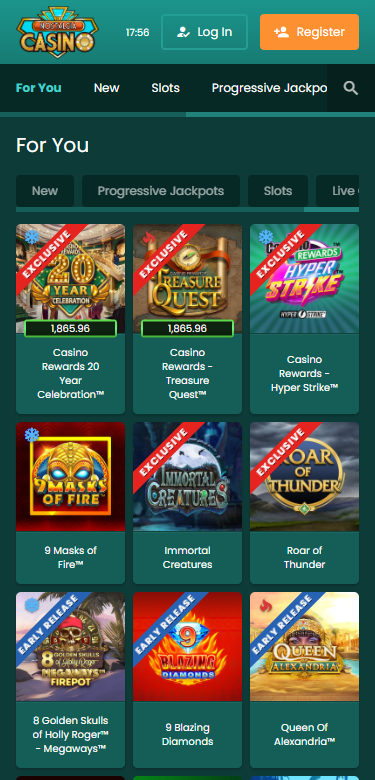What Goes Up Must Come Down
What Goes Up Must Come Down
The world of slot games is a fascinating one, filled with excitement, suspense, and the promise of life-changing jackpots. For many players, the thrill of spinning the reels is unmatched, and the rush of adrenaline as https://7-up-7-down.top/ the symbols align in a winning combination is unparalleled. But beneath the surface of this seemingly carefree entertainment lies a complex web of psychological manipulation, mathematical probability, and strategic gameplay.
The House Edge: A Built-In Advantage
One of the most fundamental concepts in slot games is the house edge – the built-in advantage that casinos enjoy over their players. This edge varies from game to game, but it’s typically around 5-15% on average. What this means is that for every $100 wagered, the casino can expect to make a profit of between $5 and $15.
To put this into perspective, consider a hypothetical slot machine with a 10% house edge. If you were to play the game for an hour, the mathematical expectation would be that the casino makes a profit of $50 on your wagering activity. Of course, individual results may vary, but over time, the law of large numbers ensures that the house edge takes its toll.
The Psychology of Slot Games
Slot games are designed to be addictive, and it’s not just the promise of winning big that drives this addiction – although that’s certainly a significant factor. It’s also the psychology behind the game itself. Slot machines use various techniques to create an immersive experience, including:
- Variable Rewards : The unpredictable nature of slot games creates a psychological response known as variable rewards. Players are drawn in by the possibility of winning big, even if it only happens rarely.
- Loss Aversion : The fear of losing is a powerful motivator, and slot machines exploit this by offering attractive payouts for small losses.
- Emotional Triggers : The flashing lights, sounds, and animations all work together to create an emotional response in the player. This can lead to impulsive decisions and increased spending.
Strategic Gameplay
While slot games are inherently unpredictable, there are some strategies that players can employ to minimize their losses and maximize their entertainment value:
- Bankroll Management : Set a budget and stick to it – don’t chase losses or get carried away with wins.
- Game Selection : Choose slots with higher RTP (Return to Player) rates, as these tend to be more player-friendly.
- Bet Size : Adjust your bet size based on the game’s volatility and your bankroll.
The Dark Side of Slot Addiction
For some players, slot addiction can have serious consequences. The thrill of winning big can quickly spiral out of control, leading to financial ruin, relationship problems, and even mental health issues.
Casinos are aware of this risk and take steps to mitigate it – from implementing responsible gaming policies to offering support services for problem gamblers. However, more needs to be done to address the root causes of slot addiction and provide players with a safer, more sustainable entertainment experience.
Conclusion
The world of slot games is complex and multifaceted, offering a mix of excitement, strategy, and psychological manipulation. While it’s impossible to eliminate the house edge entirely, players can employ various strategies to make their gaming sessions more enjoyable and less costly.
By understanding the psychology behind slot games and adopting responsible gaming practices, we can ensure that our entertainment value outweighs our losses – at least most of the time. What goes up must come down, but with a little knowledge and self-control, we can minimize the risks and maximize the fun.






